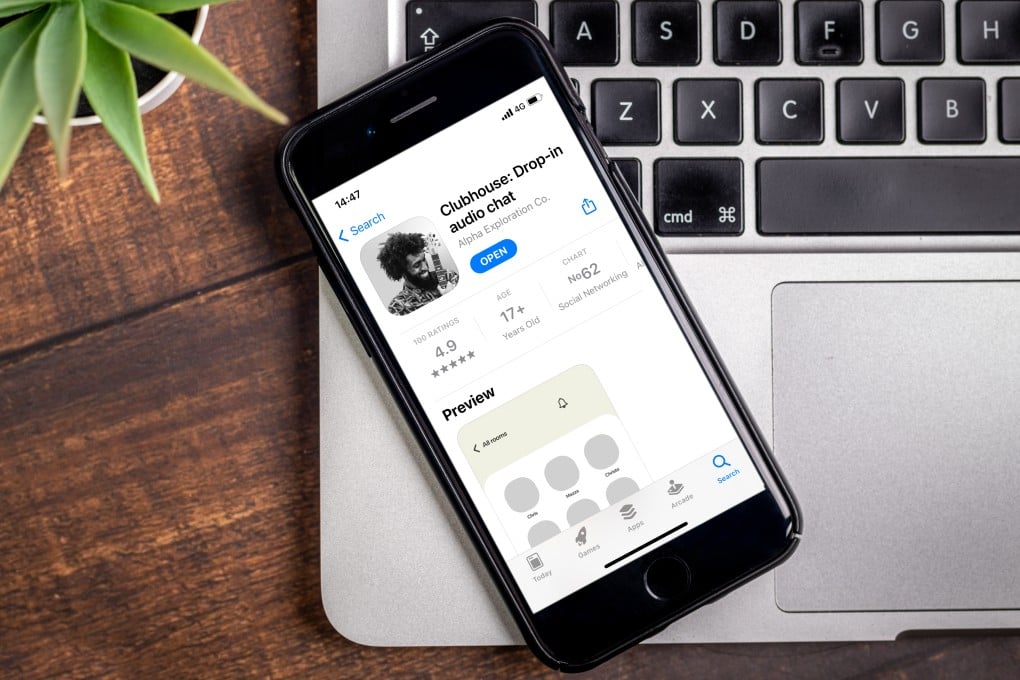The rise and fall of Clubhouse in China: how the popular app came and went in just a few days
- The Post was unable to verify whether sensitive political discussions on Clubhouse led to the disconnection of the app in China
- The app’s global popularity meant that Chinese on the mainland and overseas were able to join chat groups with other nationalities

Jacy Cao, 25, a media professional working in Shanghai, spent four hours on Clubhouse the first time she logged on, immediately drawn into the freewheeling discussions ranging from technology to politics.
However, on Monday night all mainland Chinese users of the audio chat app were blocked, with attempts to log on getting a message that read: “SSL error has occurred and a security connection to the server cannot be made”. On the app itself – which could still be accessed using a VPN – Chinese language discussions around the topic “Clubhouse got GFW‘d”, a reference to the euphemism for the government’s internet control mechanisms, mushroomed.
Cao became aware of the app after Clubhouse became a hot topic of conversation on WeChat, the most popular social media platform in China, with many of her friends asking for invitation codes, the only way people could join.
After getting a code and joining, Cao initially listened to discussions about technology and investment, but her attention was quickly attracted by heated political debates on issues like Taiwan, which Beijing considers a renegade Chinese province.
“[Political] discussion was not the major reason for me to join the app, but the debate about the relationship between mainland China and Taiwan was a big surprise for me. We rarely discuss such subjects [in China],” Cao said. In addition, she found that the Clubhouse discussions on controversial issues were “peaceful and tolerant”.
“It’s an unprecedented opportunity for young people living inside the Great Firewall [of China] to directly talk to people from Taiwan and Hong Kong on such a scale,” Cao said.